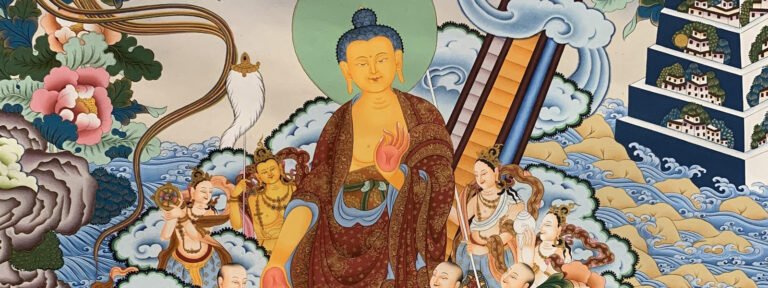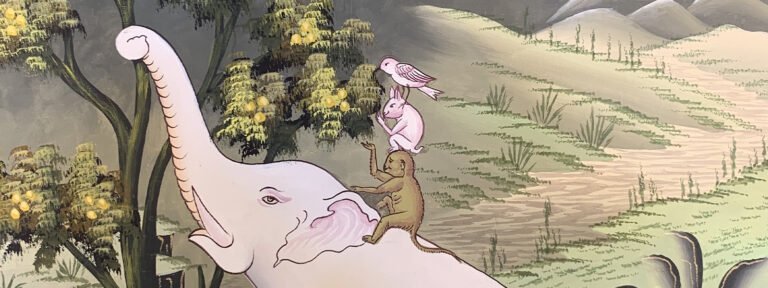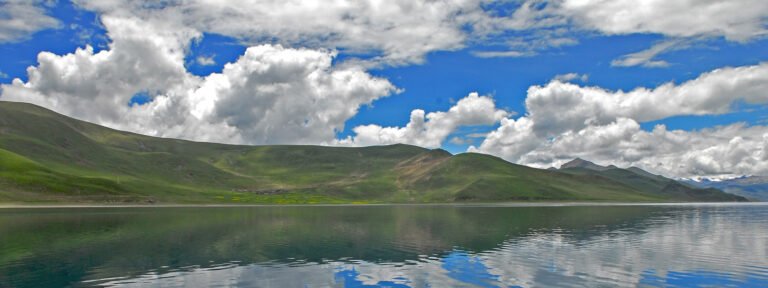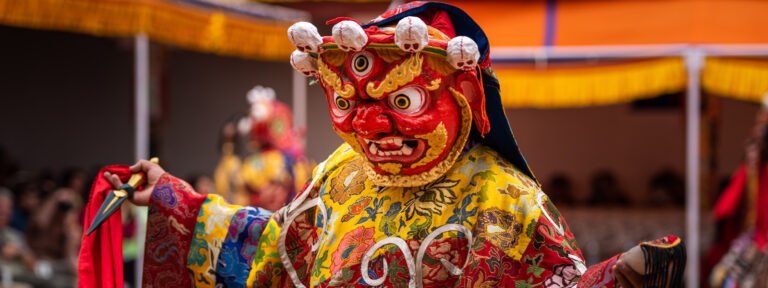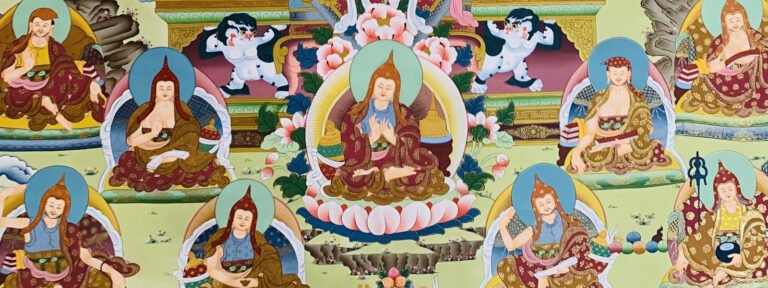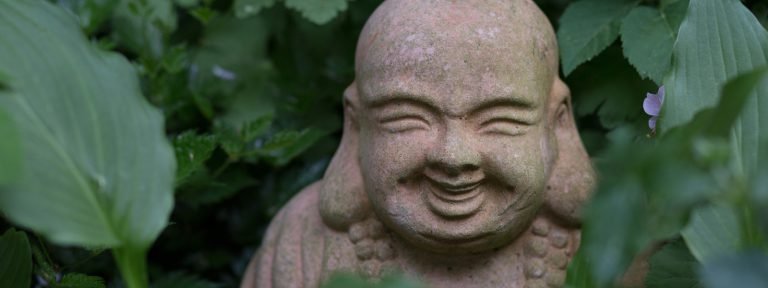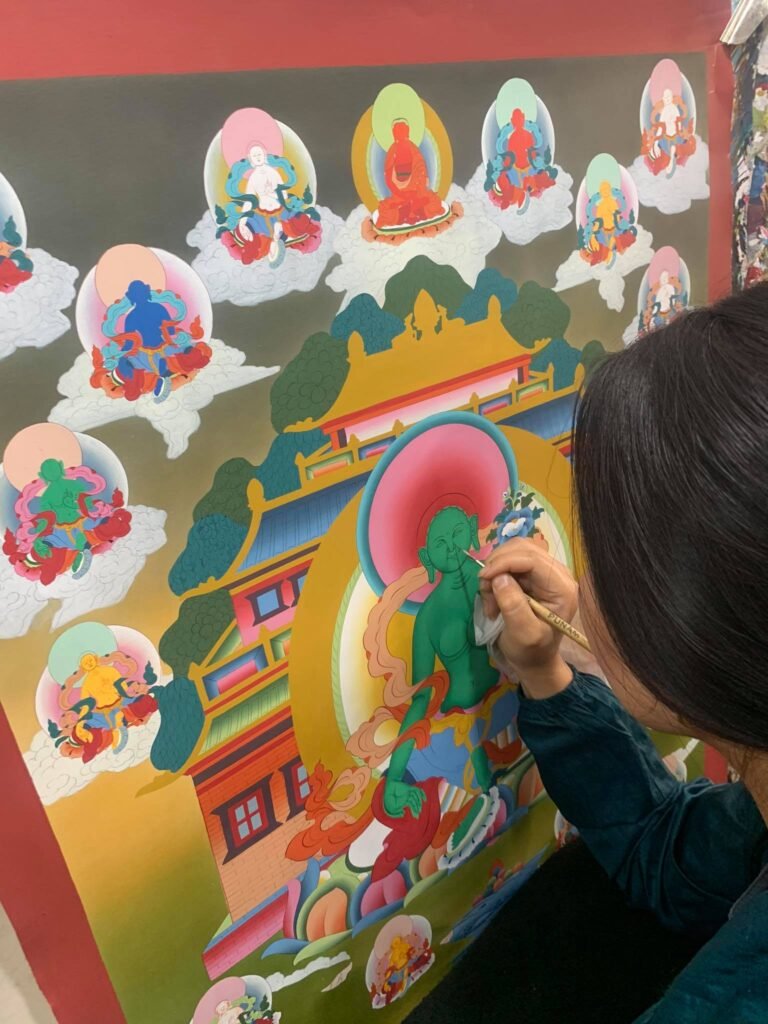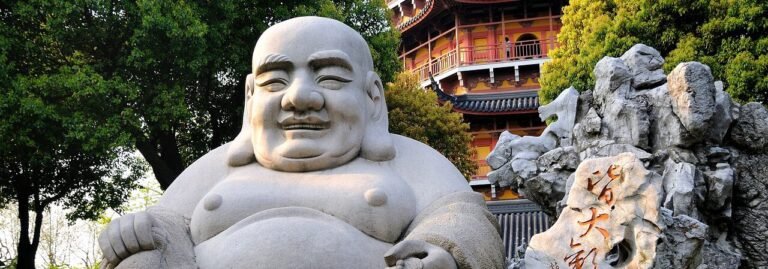
The “Fat Buddha”: A Symbol of Prosperity, Happiness, and Joy
The mala beads necklaces are called by many names like Buddha beads, yoga beads, prayer necklaces and many more. The bead necklace is made from materials like sandalwood, jade and lava stone, mala necklaces can be found in many varieties. It is believed that the natural material promotes the spiritual healing and calms the soul of the person using it. Certain stones are also said to bring out the hidden qualities from within the people. Religious people use specific stones for their personality.
